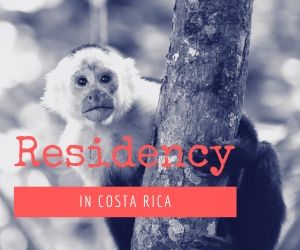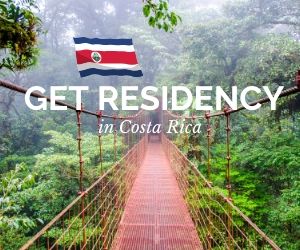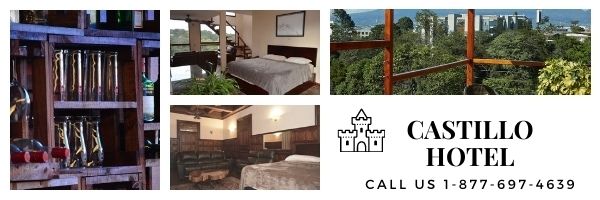Well, I don't waste my time with the local rags like the LA Times. Reading both the WSJ and the NYT with some BBC gives a decent overview of the differing perspectives.
Good story from CNN.
http://www.cnn.com/2009/WORLD/americas/ ... index.html
This segment makes the most sense to me:
Despite widespread condemnation for the coup, analysts see plenty of blame to go around -- and no easy solution.
"There are no heroes in this story," said Larry Birns, director of the Washington-based Council on Hemispheric Affairs. "These people are caricatures of rectitude rather than examples of it."
The Honduran Supreme Court, he said, is "one of the most corrupt institutions in Latin America."
And Zelaya overplayed his hand, Birns and others said.
"Zelaya was part of the problem," said Peter Hakim, president of the Inter-American Dialogue policy institute. "He's partly responsible for what happened. He was pushing too hard on a very fragile political institution. He was just plowing ahead against the wishes of every political institution, including his own political party."
Zelaya's removal also raises larger issues for many fragile Latin American democracies.
"What happens when the Supreme Court decides against the president and the president ignores it? Who enforces it?" asked Robert Pastor, a Latin America national security adviser for President Jimmy Carter in the late 1970s.
What happens next is clearly unknown.
U.S. Secretary of State Hillary Clinton said Monday that an OAS delegation would travel to Honduras as early as Tuesday to begin working on restoring a constitutional government.
That might not be an easy task.
"According to mainstream Honduran media sources, Zelaya's removal has the widespread support of the political and business elite and the military, and it appears doubtful that he will be able to return to power," said Heather Berkman, an analyst with the Eurasia Group consulting firm.
"An exit strategy is needed," Birns said. "But it's going to be extremely difficult to come out with an exit strategy unless they get consent of key players like the national legislature."
Pastor holds out some hope. "I don't think it's impossible," he said.
Said Hakim: "You can never put the toothpaste back in the tube. But you can provide a peaceful transition process."











